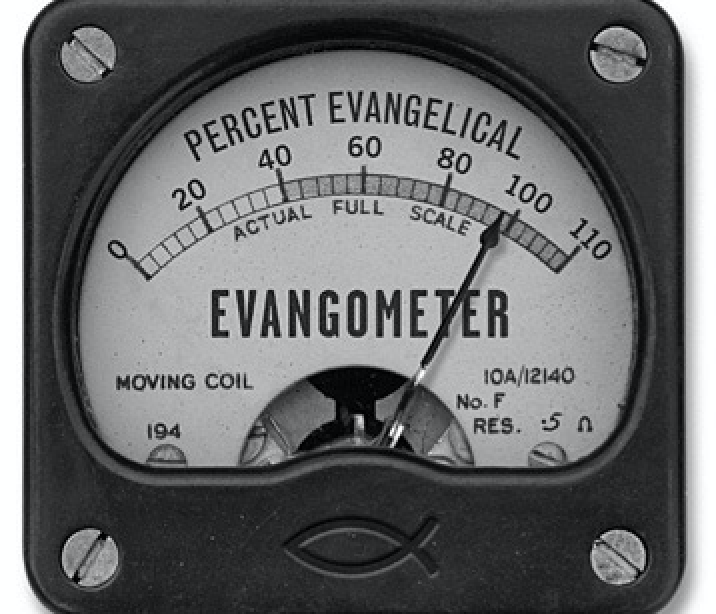Your GetReligionistas have, over the past two decades, dedicated oceans of digital ink to mainstream press struggles (especially political reporters) to grasp the meaning of this church-history term — “evangelical.”
You ask: Oceans?
Here is a small sample of those headlines:
* Please define 'evangelical' (yet again)
* Define 'evangelical,' please. Alas, many Americans don't think that this is a religious term
* Define 'evangelical,' 2023: What is a 'reconstructionist,' low-church Protestant?
This is a complex topic. The Rev. Billy Graham told me, back in the late 1980s, that he had no idea what “evangelical” meant. Honest.
Now, the professionals at the Gallup organization have offered a Frank Newport “think piece” on this topic that journalists and news consumers need to read. The headline: “The Thorny Challenge of Defining Evangelicals.” Here’s the overture:
The practical challenge arising from any analysis of evangelical Protestants in the U.S. is finding a reliable and valid way to measure the group. Much of the data about evangelicals comes from surveys, creating the need for a lucid and straightforward measure that can be easily incorporated into questionnaires.
In recent decades, this challenge has more often than not been met by using the question, “Would you describe yourself as ‘born-again’ or evangelical?”
Gallup began incorporating this question into its surveys in the summer of 1986, primarily as a way of understanding political issues.





